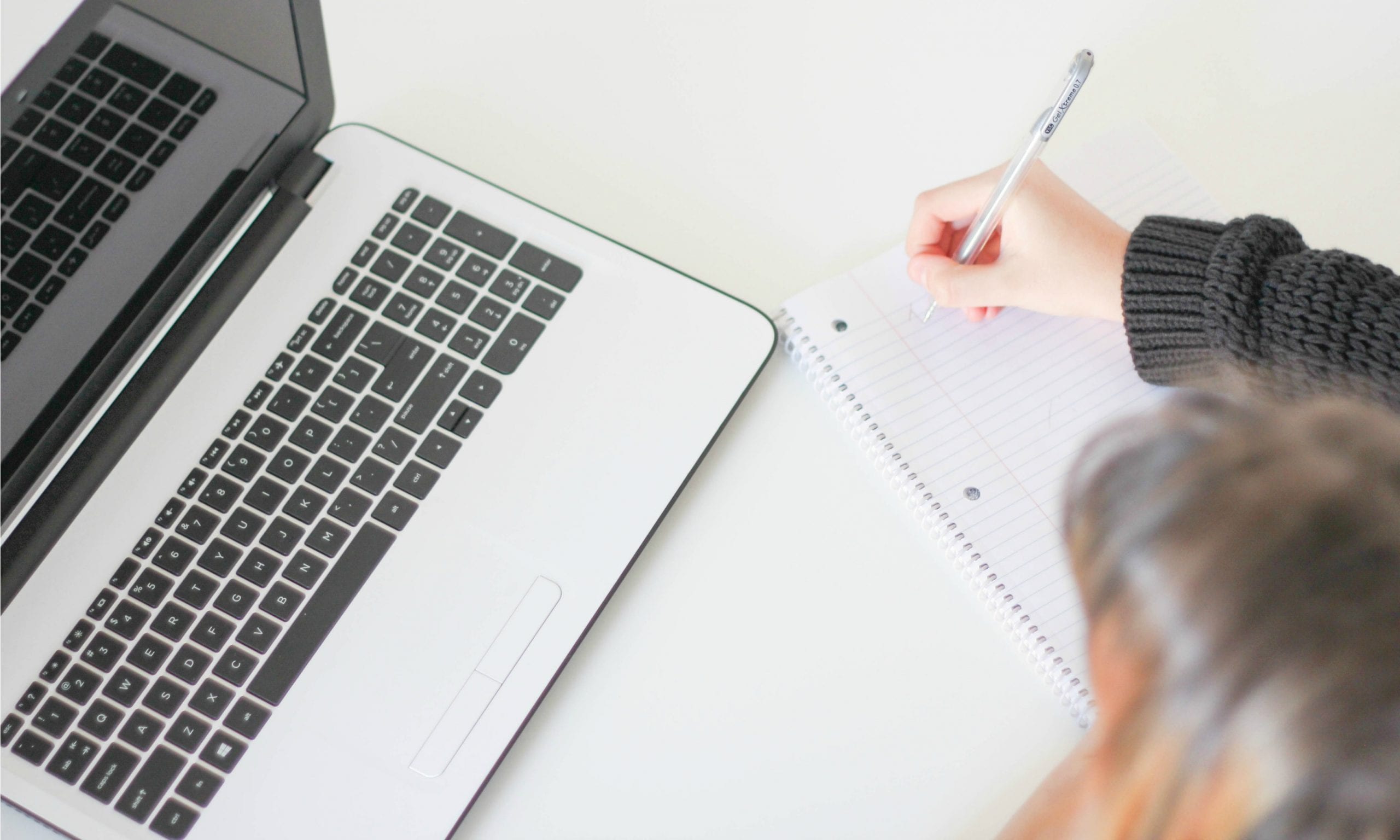This post is over three years old, the information may be outdated.
EXAMS! Argh. Yes, they can be stressful but are an inevitable part of uni life. If it’s your first year at uni, you may not even know the rules of sitting an exam, let alone how to answer the actual questions!
In case your lecturer hasn’t already re-iterated to you one million times (which I’m sure they have), you have to be there early. You have to have this type of pen. You can’t even take in a digital watch. And so on …
So we thought we’d combine all of those tricky little rules into one place especially for first-years who are more worried about the exam conditions than passing the actual exam!
- Be early. Yes I’m afraid your lecturer was right on this one. Make sure you’re at the exam room at least 15 minutes early so you have enough time to find the building and room, with time left over to calm down.
- Wear warm clothes. Because you shouldn’t be focusing on the health of your frost-bitten toes, you’ve got bigger fish to fry my friend. This one might not have been touched on yet because it’s an insider’s tip. Take it seriously though, as exam rooms can be either freezing cold or sweltering hot.
- Take water! Exams are scary. Scary things make you nervous. And being nervous makes you thirsty. Keep hydrated people. Just make sure the drink bottle is clear with no labels on it.
- Double check you have EVERYTHING the day before. Check for pencils, working pens, eraser, sharpener, ruler, and white out. Put all of these items in a clear case too.
- Take your student ID card with you. You’ll need this so you can be identified in your exam. If you don’t have your student ID card you’ll need another form of identification to replace it.
- DOUBLE check the building number, room number, exam time and your seat number. Have this memorised (or at least written down). You can check all of these details on your personal exam timetable, but don’t forget your seating number as you’ll need to sit in this spot – no exceptions. They do of course have seating numbers written on the front exam door in case you forget, but best be prepared.
- Double check what you can take with you into the exam. In some exams you’re allowed hand written notes, a calculator and even your textbook. Others aren’t so lucky and instead your pen is your best friend! Check the details with your lecturer or in your subject outline.
- Leave your phone at home. Or in the car. You’re not allowed electronic devices in the exam room so best leave it at home or in the car instead of leaving it sitting outside the exam room.
- Don’t talk! You don’t want to be in the exam supervisor’s bad books.
- Last but not least, study, get a goodnight’s sleep the night before, and breathe! You’ll be fine, and it will all be over before you know it!
For more information about exams, head to the Student Portal.
Image: unsplash










